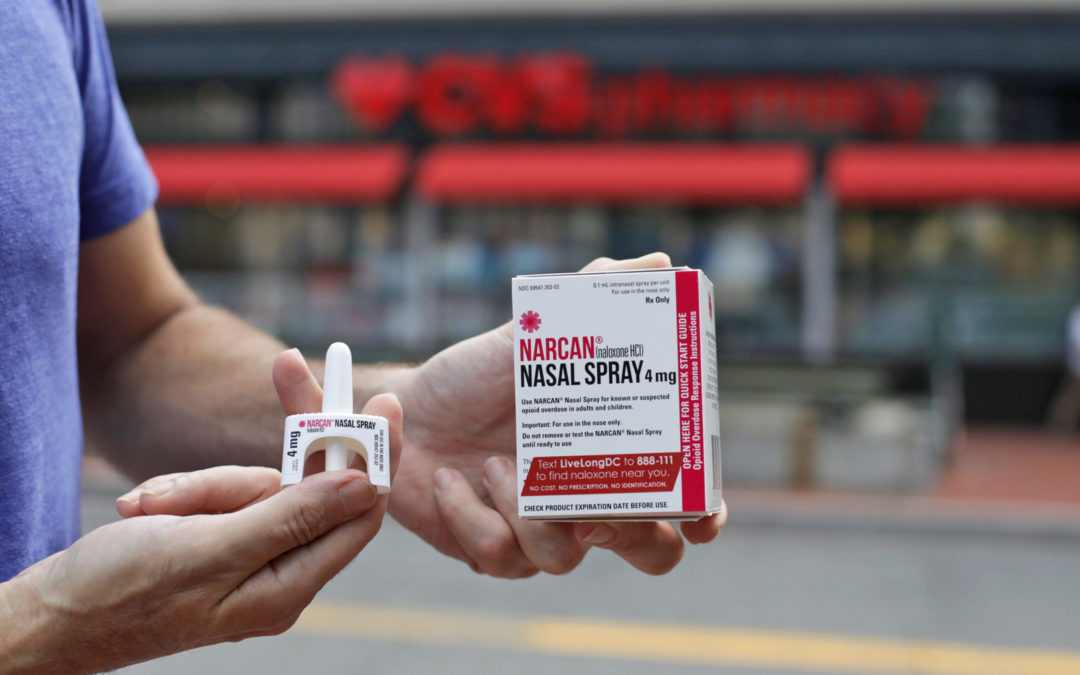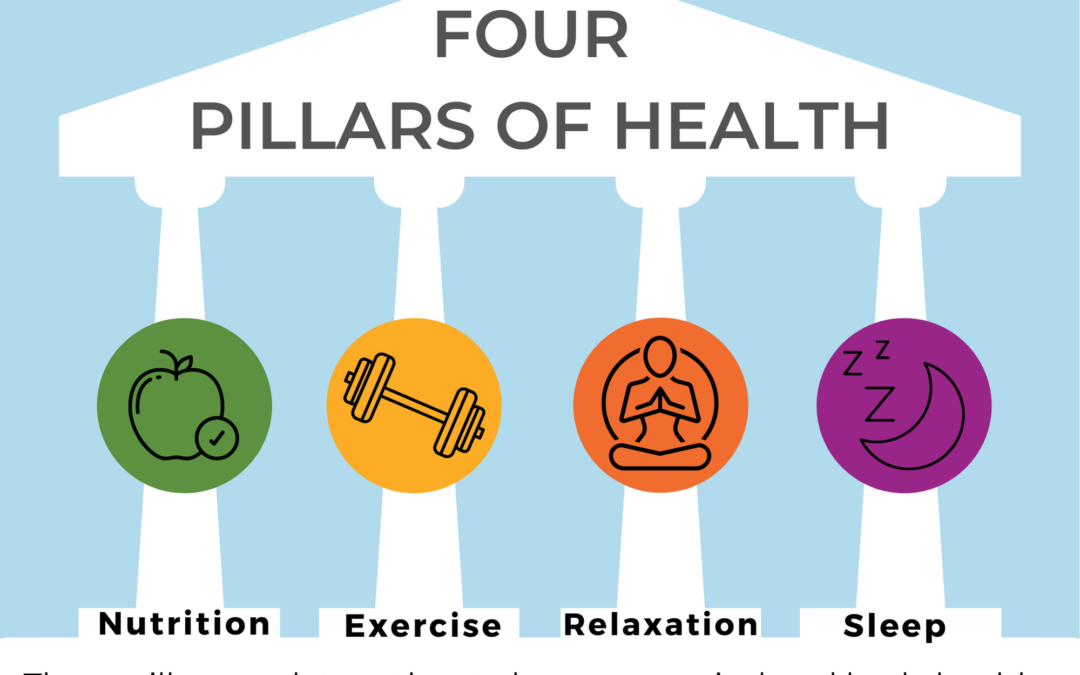
by Guest | Nov 10, 2021 | Recipes
Prep Time: 45 minutes
Ingredients
- ⅓ cup dried bulgur
- 1 cup boiling water
- ½ pound Brussels sprouts (2 cups)
- ½ cup dried cranberries
- ¼ cup chopped nuts (any type)
- ¼ cup orange juice
- 2 Tablespoons vegetable oil
- 2 Tablespoons vinegar
- ¼ teaspoon salt
- ¼ teaspoon pepper
Directions
- Wash hands with soap and water.
- Cover bulgur with boiling water and let stand until soft, about 30 minutes. Pour off any excess water.
- Rinse and trim Brussels sprouts. Cut in half lengthwise then slice crosswise into thin strips.
- In a large bowl combine bulgur, Brussels sprouts, cranberries and nuts.
- In a small bowl or jar with a lid, combine orange juice, oil, vinegar, salt and pepper. Mix or shake well. Pour dressing over salad and serve.
- Refrigerate leftovers within 2 hours.
Notes
- No nuts? Use sunflower or pumpkin seeds.
- No dried cranberries? Use any type of dried fruit.
Recipe & Photo Source: https://www.foodhero.org/recipes/brussels-sprouts-cranberry-and-bulgur-salad

by Guest | Nov 10, 2021 | Being Well
Seconds can determine life versus death. Knowing what to do when someone has overdosed on opioids is vital.
What are opioids?
Opioids, sometimes called narcotics, are a type of drug. They include strong prescription pain relievers such as oxycodone, hydrocodone, fentanyl and tramadol. The illegal drug heroin is also an opioid.
Taking high doses of opioids can cause an overdose. Opioids affect the part of the brain that regulates breathing. Because the drug slows or stops breathing, an overdose can lead to death.
If you take an opioid, your family and friends must know how to respond to an overdose. An accidental overdose can happen to a person who take prescription or non-prescription opioids.
What does an overdose look like?
Here are some signs that someone is experiencing an overdose.
- Unconscious, unresponsive, hard to wake
- Slow, shallow breathing, difficulty breathing
- Choking, gurgling or snoring
- Blue/purple fingernails or lips
If you notice the above signs, check on their breathing and try to wake them up.
- Look for chest rising and falling.
- Put your ear near their mouth to listen and feel for breaths.
- Shout and shake them.
- Firmly tap them on their chest.
What do I do if I find someone experiencing an overdose?
If you think someone is having an opioid overdose, take the following steps.
- Call 9-1-1 immediately. Administer naloxone if it is available. Naloxone is a safe medication that can quickly stop an opioid overdose. Note: it is safe to use naloxone even if you are unsure the unresponsive person is experiencing an opioid overdose.
- Try to keep the person awake and breathing.
- Lay the person on their side to prevent choking.
- Stay with the person until emergency workers arrive.
Where do I get naloxone?
If you are currently taking opioids, ask your healthcare provider whether you need a prescription for naloxone. Naloxone is readily available at most pharmacies. Free nasal naloxone is also available to anyone in Tillamook County by calling 503-815-2401 or emailing via OURTillamook.org. Nasal naloxone is called Narcan®. It is easy to use since it is dispensed as a spray up the nose.
How can I prevent an overdose?
- Take your medicine exactly as prescribed by your healthcare provider. Do not take more medicine at once or take medicine more often than you are supposed to.
- Never mix pain medicine with alcohol, sleeping pills or illegal substances.
- Store medicine safely where children and pets can’t reach it. Consider using a medicine lockbox to keep out others who don’t need access.
- Dispose of unused medicine properly.
For more information about naloxone, Narcan®, drug disposal or opioid use disorder, please visit OURTillamook.org.
This project is supported by the Health Resources and Services Administration (HRSA) of the U.S. Department of Health and Human Services (HHS) as part of a financial assistance award totaling a million dollars with 100 percent funded by HRSA/HHS. The contents are those of the author(s). They do not necessarily represent the official views of, nor an endorsement by, HRSA/HHS or the U.S. government.
AUTHOR: Mareliza de Jesus, Project Coordinator at Adventist Health Tillamook
For more local health and wellness information, follow Tillamook County Wellness on Facebook, Instagram and Twitter.

by Guest | Nov 3, 2021 | Being Well
We live in challenging times and resiliency is more important than ever before. To be resilient is to be flexible and adapt to our ever-changing environment. So how do we cultivate ourselves to be more flexible? Maybe it’s best to sleep on it.
Insomnia and disturbed sleep affect more than 30% of people in the US. From difficulty falling asleep to staying asleep, sleep is a problem for many tired folks. Sleep is the body’s natural reset time when our brain and organs cleanse and rejuvenate. It is estimated the body needs on average, 7-9 hours of sleep a night. Some factors that can interrupt sleep are lack of exercise, acid reflux, smoking, alcohol, and obesity.
The Better Sleep Council found that 79% of people would feel better and more prepared for the day with an extra hour of sleep. Sleeping only 6-7 hours, you are twice as likely to be involved in a car crash and sleeping less than 5 hours increases your risk 4-5 times. Additional research has found that continuity of sleep is important for improved memory function. This study found that during restorative sleep, important memories are consolidated (the process where short-term memories are converted to long-term memories), and creativity is boosted as well.
Resilience requires energy and poor sleep depletes your energy reserves. Sleep also appears to restore our emotional brain circuits, boosting healthy levels of mood-supporting hormones, including serotonin, dopamine, and cortisol, that affect your body’s tools of resilience, including your thought, mood, and energy. Simply put, when you are physically exhausted, you have less capacity for resilience.
While you are sleeping, your body and brain can rest, regenerate, repair, detoxify, reduce inflammation, balance blood sugar levels, burn calories, support immune activity, and reset your energy reserves. Sleep is critical for basic maintenance and repair of the neurological, endocrine, immune, musculoskeletal, and digestive systems.
Natural tips to enhance sleep health
Reduce Exposure to Artificial Light – Artificial light from computers, phones, and other electronic devices disrupts the body’s natural ability to determine light from dark, which disturbs the circadian rhythm and throws off your sleep. The blue light emitted from alarm clocks and other digital devices also may suppress melatonin production.
Make the bedroom as dark as possible. Use blackout shades to make your bedroom pitch black and cover or turn off all devices that glow or give off any light (including digital alarm clocks).
Don’t be too full – or too hungry – when you go to bed. Some people sleep better after eating a light dinner. This is especially true for those with digestive issues. Others, like those with a tendency toward hypoglycemia (low blood sugar), do better with a snack before bed (and possibly even during the night).
Go to bed earlier. You’ve heard the saying “an hour before midnight is worth two hours after.” It turns out there is some truth to that.
Decrease caffeine and alcohol consumption. Coffee can remain in your system for up to 12 hours. Alcohol may prevent the body from falling into a deep state of sleep leaving you groggy in the morning.
Try herbal teas before going to bed. Some common herbal teas that are safe and helpful are: chamomile, lavender, skullcap, and valerian root. Supplements such as magnesium, vitamin D3, or L-theanine can also be a helpful aid for a better night’s rest. Always consult your healthcare practitioner before starting a new supplement regiment.
Acupuncture can also be helpful for insomnia and relaxation. The placement of tiny needles is used to induce a sense of relaxation and calmness via the nervous system. Acupuncture has been shown to increase sleeping time and longer REM states in numerous clinical studies.
Sleep is one of the foundations for resilience and a pillar for health. Deepening your sleep or getting adequate sleep can have profound effects on your health and well-being. Restful sleep can improve mental clarity and memory, enhance athletic performance, boost mood and energy, improve immune function, and increase our tolerance to stress. Exercise, proper eating, acupuncture, and less caffeine and alcohol can all help you get the rest you need.
AUTHOR: Dr. Monte Gores, Doctor of Acupuncture & Oriental Medicine at Rinehart Clinic
For more local health and wellness information, follow Tillamook County Wellness on Facebook, Instagram and Twitter.

by Guest | Nov 3, 2021 | Featured, Recipes
Prep Time: 5 minutes
Cook Time: 2 hours
Ingredients
- 64 ounces 100% apple juice (8 cups)
- 32 ounces water (4 cups)
- 2 oranges
- 12 whole cloves
- 2 allspice peppercorns
- 6 cinnamon sticks
Directions
- In a 4 quart stock pot, add apple juice, water, oranges (cut in half) and all the spices.
- Bring to a boil and simmer for 2 hours.
- Serve hot and enjoy!
- Refrigerate leftovers within 2 hours.
Notes
Spices sold in the bulk section may be less expensive than packaged and you can just buy the amount you want.
Recipe & Photo Source: https://foodhero.org/recipes/hot-apple-orange-cider

by Guest | Oct 27, 2021 | Recipes
Ingredients:
- ¼ cup butter
- 1 cup chopped onion
- 1 clove garlic, minced
- 1 teaspoon curry powder
- ½ teaspoon salt
- 1/8 to ¼ teaspoon ground coriander
- ¼ teaspoon or less crushed red pepper
- 3 cups chicken broth
- 1 (16 ounce) can Solid Pack Pumpkin (plain, not spiced)
- 1 cup half and half (light cream)
- Sour cream and chives (optional)
Directions:
- In a large saucepan, melt butter and sauté onions and garlic until soft.
- Add curry powder, salt, coriander, and red pepper and cook for 1 minute.
- Add broth and boil gently (uncovered) for 15 – 20 minutes.
- Stir in pumpkin and half and half and cook for 5 minutes.
- When cool, pour into blender container, cover and blend until creamy
- Reheat and serve with a dollop of cream and chopped chives, if desired.
Notes:
- For a thicker soup, try using less broth.
- Any milk or evaporated skim milk can be used instead of half and half cream to provide more protein and fewer calories.
Recipe Source: Janet Riedel





